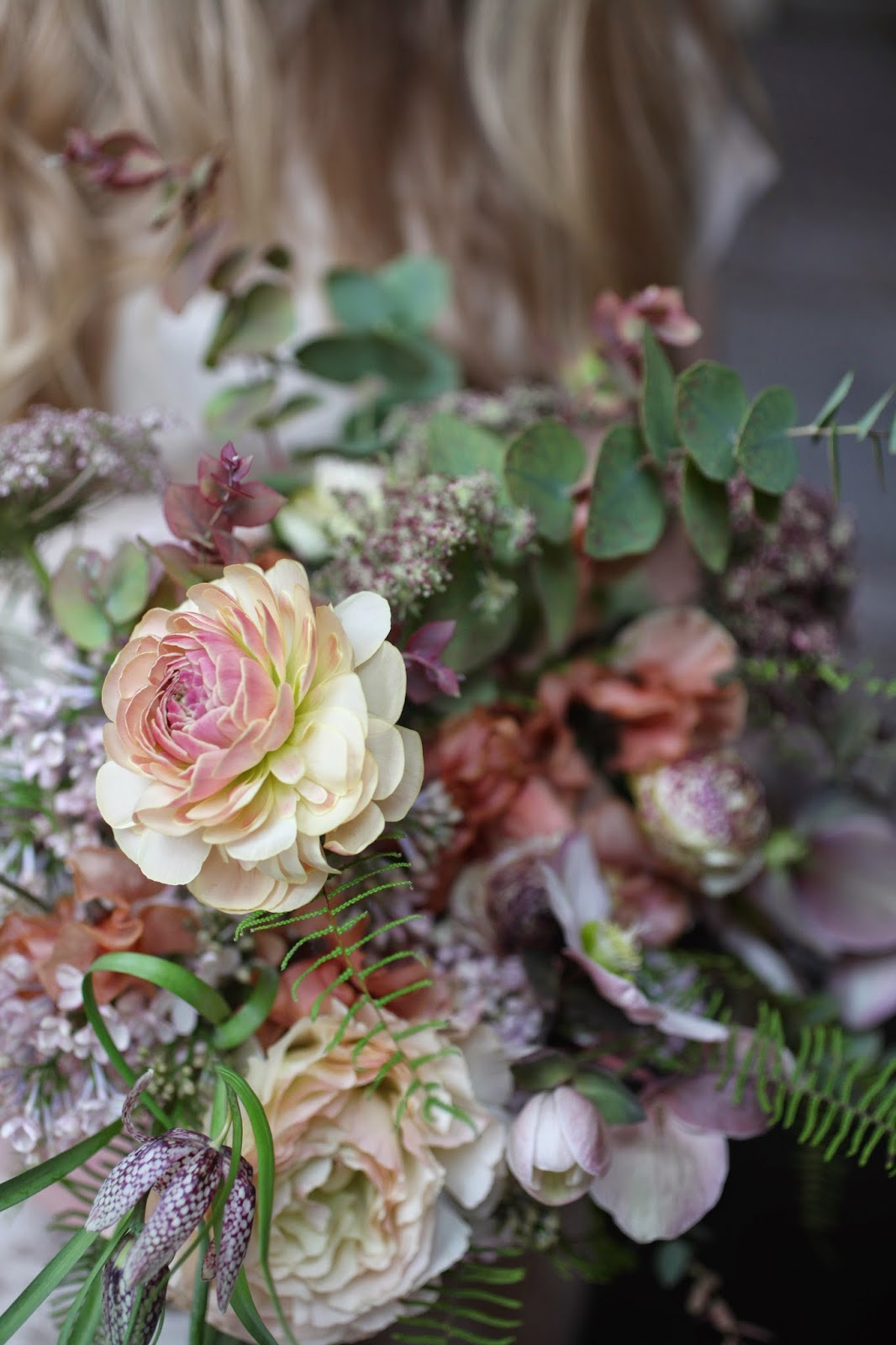Hospice is very different from any other traditional medical care. The focus of hospice is not treatment, but quality of life for those with terminal conditions, typically with 6 months or less to live. Maximizing comfort is the priority. Hospice care will not only be provided for 6 months if the person exceeds that projection, but hospice care will be provided so long as doctors can verify that the client's condition remains limiting to their life span.
Talking about the process of dying is really difficult for lots of people. I'm not one of those people. My dad died when I was in elementary school, and I've had lots of close relatives die since then. My family throughout my life has been very up-front about death, and it's not really something scary to me. Probably because it was discussed frankly and not drenched in religion - but all that aside, I find our life processes fascinating and am interested in them.
We've had lots of brides at the shop recently request that their reception flowers be donated to hospice care - any hospice care. Often, hospice care is provided in the client's home, but there are several inpatient wards throughout Philadelphia. Every Monday, I go visit one 15 bed unit to fill bud vases with leftover wedding flowers (we always have a ton), and just yesterday I went to another unit in South Philadelphia to donate to a specific unit that the bride is associated with.
You would think that I was delivering a million dollars.
Staff and volunteers get so excited to see the flower deliveries, and I suppose families and patients do as well - I don't have a ton of interaction with the clients of the hospice.
I would like to think that bringing a bit of nature into a medical setting has a positive impact. Showing something bright in a stark, clinical setting can really improve someone's mood, even incidentally. But I think that donating flowers to hospice is a really small way to communicate care for others in our community. Lots of people don't know much about hospice, and I feel like it's kind of a no-man's-land.
Suggested reading and watching below. I've personally viewed or read all of these and recommend them to anyone who is interested in learning more.
Documentary: How to Die in Oregon
Books:











